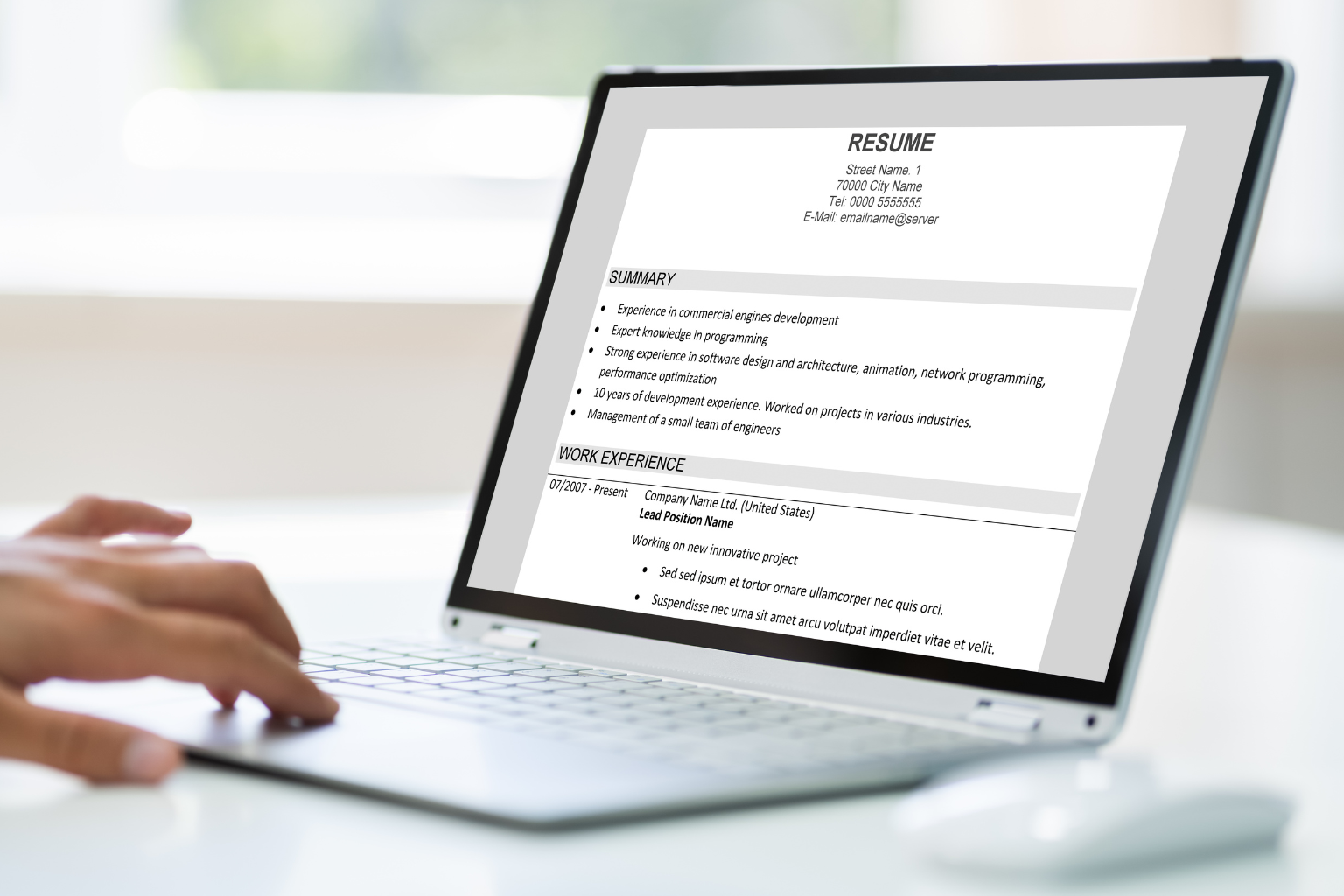Best IT Certifications to Get a Job in 2025

If you’re thinking about boosting your IT career in 2025, certifications are often the fastest ticket in. But, honestly, picking the right certification can feel like wandering a maze. I remember when I first tried to choose—so many options, so many acronyms. It was overwhelming.
So, let’s clear the fog. This article dives deep into the best IT certifications to get a job in 2025, with real talk on what they cover, why they matter, and how to pick the one that fits you. No fluff, just the good stuff.
Table of Contents
- Why Certifications Still Matter in 2025
- Categories of Certifications to Consider in 2025
- 1. Entry-Level IT Certifications: Your Starting Point
- 2. Cybersecurity Certifications: For the Digital Defenders
- 3. Cloud Certifications: The Sky’s the Limit
- 4. Data and Analytics Certifications: Making Sense of the Numbers
- 5. AI and Machine Learning Certifications: For the Futurists
- 6. Project Management Certifications: The Leadership Angle
- Table: Quick Comparison of Popular IT Certifications in 2025
- How to Pick the Right Certification for You
- Final Thoughts: The Certification Game Is Evolving
- FAQ: Best IT Certifications to Get a Job in 2025
- SEO Meta Elements
Why Certifications Still Matter in 2025
You might wonder — with all this talk about skills, experience, and portfolios, why bother with certifications at all? Good question.
It turns out, certifications serve as quick proof. They show recruiters you’ve actually mastered key knowledge areas — not just talked about them. In 2025’s competitive tech world, that little piece of paper can be your golden ticket past automated screening software or skeptical HR folks who don't always know tech themselves.
Sure, some swear by experience only. But if you’re switching careers, fresh out of school, or just want to stand out, certifications still pack a punch.
Categories of Certifications to Consider in 2025
There’s no one-size-fits-all. Let’s break down the landscape into categories — so you can zoom in on what matters most for your goals.
1. Entry-Level IT Certifications: Your Starting Point
If you’re new to IT, you want certifications that teach fundamentals, not just test buzzwords.
CompTIA A+: Often called the “gateway” cert. It covers hardware basics, operating systems, troubleshooting, and some security. It’s not flashy, but employers love it for help desk and support roles.
Honestly, when I first got mine, it made job hunting way less stressful.Google IT Support Professional Certificate: Launched on Coursera, this one is practical and beginner-friendly. It’s a solid launchpad for roles in support or sysadmin basics, plus Google’s name carries weight.
Cisco Certified Network Associate (CCNA): If you’re leaning toward networking, this is the go-to. It’s a bit more challenging but definitely respected for network admin or engineer positions.
2. Cybersecurity Certifications: For the Digital Defenders
Cybersecurity isn’t going anywhere — if anything, it’s only heating up.
CompTIA Security+: A foundational cert that covers threat management, cryptography, and risk mitigation. It’s a great starter in cybersecurity, especially if you already have some networking knowledge.
Certified Information Systems Security Professional (CISSP): This is more advanced, often for seasoned pros. CISSP is a badge of trust for security architects, managers, and analysts. Expect serious study here — it’s a grind but highly rewarding.
Certified Ethical Hacker (CEH): If you’re fascinated by hacking (the legal kind), CEH dives into penetration testing and vulnerability analysis. It’s a niche but growing area as companies hunt down security flaws before bad actors do.
Side note: Cybersecurity certifications tend to age quickly — staying current is key.
3. Cloud Certifications: The Sky’s the Limit
Cloud computing is no longer optional for businesses, and certifications here pay off.
AWS Certified Solutions Architect – Associate: AWS dominates the cloud market, and this cert proves you can design scalable, reliable AWS infrastructures. I recall a friend landing a six-figure job shortly after getting this one.
Microsoft Certified: Azure Administrator Associate: Microsoft Azure is growing fast. If your company uses Office 365 or Microsoft services, this is gold.
Google Professional Cloud Architect: Google Cloud Platform is carving its niche. This cert is for those who want to architect cloud solutions on GCP, a smart bet as GCP’s market share climbs.
Cloud certifications often overlap with security and DevOps knowledge, so be ready for a multi-disciplinary approach.
4. Data and Analytics Certifications: Making Sense of the Numbers
Data isn’t just big; it’s huge. If you like turning chaos into insights, these might be your jam.
Google Data Analytics Professional Certificate: Great for beginners wanting to learn SQL, R, and data visualization. It focuses on practical skills to clean and analyze data.
Microsoft Certified: Data Analyst Associate: Centers on Power BI to help businesses make data-driven decisions. If storytelling with data appeals to you, this cert is worth considering.
5. AI and Machine Learning Certifications: For the Futurists
AI is no longer sci-fi; it’s everyday tech. If you want to ride that wave:
IBM AI Engineering Professional Certificate: Covers machine learning, deep learning, and Python tools like TensorFlow. A robust pathway for aspiring AI engineers.
Google Cloud Machine Learning Engineer: For those with some ML experience, it certifies your skills to design and deploy ML models on GCP.
6. Project Management Certifications: The Leadership Angle
IT projects can be chaotic, and project managers keep them on track.
Certified ScrumMaster (CSM): If Agile is your scene, this cert focuses on Scrum framework and team facilitation.
Project Management Professional (PMP): Globally respected, PMP is for experienced project managers who juggle budgets, teams, and deadlines. It’s not just IT-specific, but often preferred for IT project leadership roles.
Table: Quick Comparison of Popular IT Certifications in 2025
| Certification | Target Audience | Prerequisites | Avg. Study Time | Key Benefit |
|---|---|---|---|---|
| CompTIA A+ | IT beginners | None | 3-6 months | Broad hardware/software basics |
| Google IT Support | Beginners | None | 6 months | Practical IT support skills |
| CCNA | Networking hopefuls | Basic IT knowledge | 3-6 months | Networking fundamentals |
| CompTIA Security+ | Aspiring cybersecurity pros | CompTIA Network+ rec. | 3-6 months | Security basics |
| CISSP | Experienced security pros | 5 years in security | 6-12 months | Advanced security management |
| CEH | Ethical hackers | 2 years IT security | 4-6 months | Penetration testing expertise |
| AWS Solutions Architect | Cloud architects | Basic AWS knowledge | 3-6 months | Designing scalable AWS systems |
| Azure Administrator | Cloud admins | Azure basics | 3-6 months | Managing Microsoft cloud services |
| Google Cloud Architect | Cloud architects | GCP experience | 3-6 months | GCP infrastructure design |
| Google Data Analytics | Aspiring data analysts | None | 6 months | Data cleaning and visualization |
| Microsoft Data Analyst | Data pros | Power BI familiarity | 3-6 months | Power BI data storytelling |
| IBM AI Engineering | AI engineers | Programming knowledge | 6-9 months | Machine learning and AI tools |
| Google ML Engineer | ML engineers | ML experience | 6-9 months | ML deployment on Google Cloud |
| Certified ScrumMaster (CSM) | Agile teams | None | 2-3 days | Scrum process and facilitation |
| Project Management Professional | Project managers | 3 years experience | 3-6 months | Project leadership and delivery |
How to Pick the Right Certification for You
Okay, this is the million-dollar question.
Certifications are investments — in time, effort, and sometimes money. Picking the “best” one depends on your background, interests, and where you want to head career-wise.
Here are some pointers:
New to IT? Start with CompTIA A+ or Google IT Support. They build a solid base.
Love networks? CCNA is your best bet.
Passionate about security? Begin with Security+, then consider CEH or CISSP as you grow.
Drawn to the cloud? Pick AWS, Azure, or Google Cloud certs based on the platform your target employers use.
Numbers nerd? Dive into Google Data Analytics or Microsoft’s Data Analyst.
Into AI? Look into IBM or Google’s ML certifications — but be prepared for some heavy lifting.
Eye on management? ScrumMaster or PMP will build your leadership toolkit.
Final Thoughts: The Certification Game Is Evolving
Honestly, certifications alone won’t guarantee you a job. But combined with hands-on projects, networking, and soft skills, they give you a serious edge.
What’s interesting is that 2025 seems to reward versatility more than ever. For instance, cloud roles that blend security knowledge or AI engineers who understand data analytics will be in hot demand.
Also, don’t forget renewal requirements — some certifications need continuing education to stay valid. So, this isn’t a one-and-done deal.
If you’re feeling overwhelmed, that’s normal. But just remember: one step at a time. Start small, build confidence, and keep your eye on the job market shifts.
FAQ: Best IT Certifications to Get a Job in 2025
Q1: Are IT certifications necessary to get a job in 2025?
A: While not always mandatory, certifications greatly improve your chances, especially for entry-level roles or career changes.
Q2: How long does it take to prepare for an IT certification exam?
A: It varies widely — from a few days for ScrumMaster to several months for CISSP or AI certifications.
Q3: Which IT certifications pay the best?
A: Advanced certs like CISSP, AWS Solutions Architect, and PMP tend to be linked with higher salaries, but location and experience matter too.
Q4: Can I get certified without a formal degree?
A: Yes. Many successful IT professionals rely on certifications and experience rather than traditional degrees.
Q5: How often do I need to renew my certification?
A: Some, like Security+ and PMP, require renewal every 3 years via continuing education or re-exams. Others vary.


